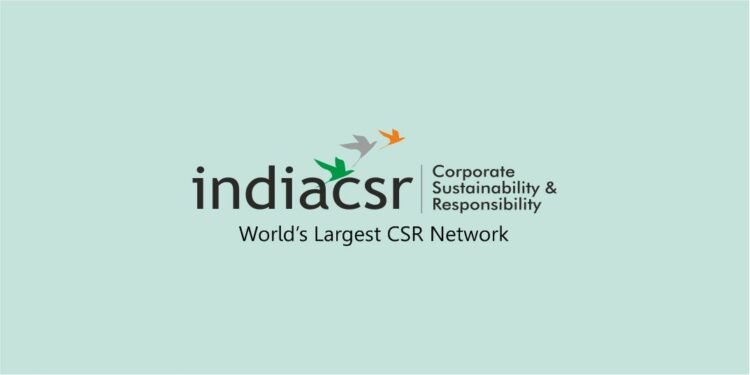With the Covid-19 pandemic hitting the businesses and resulting in job losses across sectors. It has reported that an advisory by the National Human Rights Commission (NHRC) has suggested that companies in badly-hit sectors should be allowed to adjust workers’ salary against their CSR (Corporate Social Responsibility) obligations for two fiscal from 2021-22.
The ‘Advisory On Business and Human Rights’ also urged businesses to treat employee health information as confidential and not discriminate against people of a particular nationality, ethnicity or other protected class, or those perceived to have contracted Covid-19. T
he NHRC was of the view that governments and financiers can increasingly urge companies to use its funds to support stakeholders and not shareholders in times of crisis and cited the European Union Parliament’s resolution, which insists that public financial support should be conditional on companies using funds to benefit workers. The employers should not terminate any employee on the ground of him or her being a Covid-19 patient or suspected patient, while affected workers should be allowed to proceed on paid leave.

Employers should also ensure that all employees are provided with health insurance either directly or through the Government and maintain a record. They should also review how best to protect staff travelling on business, especially, if they are travelling abroad, when tailored guidance and support may be appropriate. Further, it would need to be considered whether measures are in place to deal with staff being quarantined or falling ill when abroad. “For the FY beginning 2021-22, companies in the sector, which are badly hit on account of Covid-19, should be allowed to adjust the employees/workers’ salary against their CSR Obligations.
With the aforesaid as the proposal, lay-off on account of Covid-19 shouldn’t be the rationale provided by the company. However, restructuring of the company in ordinary course shouldn’t be impacted,” it said. While acknowledging that the rapid increase of person to-person and community transmissions, followed by failed containment measures, are collectively slowing down the global economy into a state of flux, raising unpredictability and consequently, market volatility. It also said that the freedom of association and the right to collective bargaining should be respected, also as a basis for a joint employer-workers response to the crisis.
“As the scale of Covid-19’s impact on people, economy and planet continues to emerge, the relevance of the values and standards of the UN Guiding Principles for Business and Human Rights grows exponentially. Thorough human rights actions and due diligence are key to responsible business conduct, both in the immediate and in the wake of the crisis,” it said. Highlighting the need for responsible practices to protect informal workers during the pandemic, the advisory said unorganised sector employees are being forced to work without adequate precautions, leaving them and their families and communities at risk of infection. Businesses should also closely examine their supply chains to ensure labour trafficking is not occurring as part of the creation and distribution of products. “Widespread unemployment rates have many individuals taking greater risks to find work, which increases their likelihood of being trafficked. Fewer employment opportunities also increase survivors’ vulnerability to being re-trafficked,” the advisory said. The businesses also should conduct a mapping exercise to identify who might be most impacted by the crisis. “Get prepared to address potential discrimination (gender etc.) in the workplace,” the advisory said.
Read Advisory

























